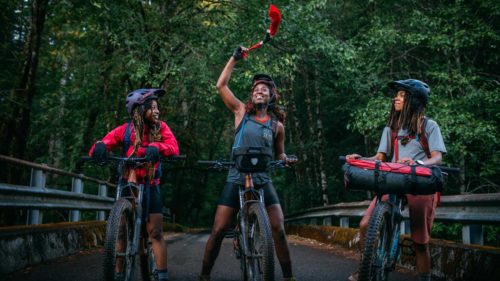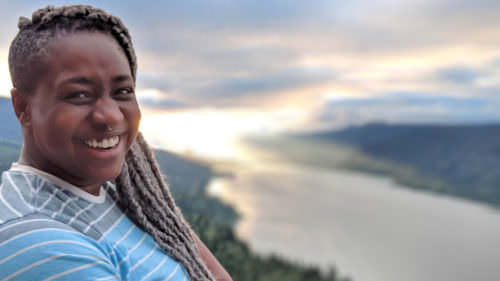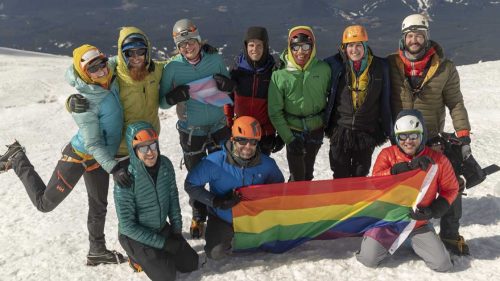Bringing the snowcapped mountains of Southern Oregon all the way to the largest independent film festival in the United States, the short film “You Go Girl!” premiered at the 2022 Sundance Film Festival and was nominated for the Short Film Jury Award at the festival.
“You Go Girl!” tells the story of Audrey Jenkins (played by Tiffany Mann), a comedian who is tasked with scaling an Oregon mountaintop for the first time. The spirited adventure highlights the impact nature has on overcoming both physical and mental obstacles, and we feel Jenkins’ overwhelming emotions as she makes her climb.
Before earning its exclusive spot at Sundance, the seed behind “You Go Girl!” was planted when the team’s filmmakers won $20,000 in the Outdoor Adventure Film Grant competition. Building on the theme that “Oregon’s Outdoors Are for Everyone,” the grant was a collaboration between the Oregon Made Creative Foundation and Travel Oregon. The purpose of the grant is to challenge the inequity and history of exclusion in outdoor spaces, and to support BIPOC filmmakers in making films with Oregon’s captivating scenery.
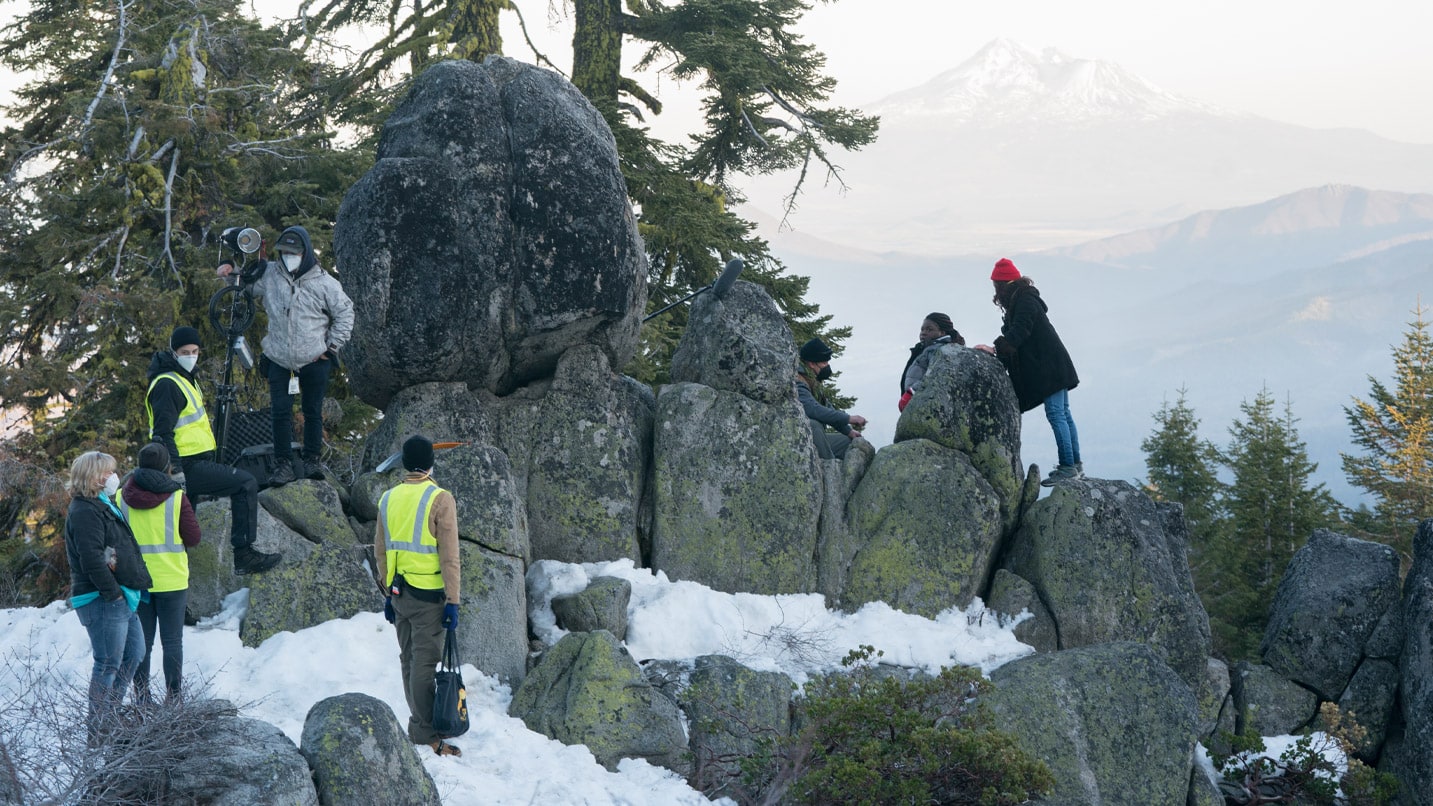
The grant was awarded to a production company based in Southern Oregon and a small team of BIPOC independent filmmakers: director Shariffa Ali and producers Kamilah Long, Courtney Williams and Adrian Alea. Nataki Garrett, artistic director of the Oregon Shakespeare Festival, was fundamental to uplifting the team by inviting director Ali to join the OSF as an artist in residence and consultant.
“I had to look at myself and my own relationship with nature,” says Ali. Growing up in South Africa with access to camping, visiting ranches and seeing wildlife, the outdoors often felt like the safest and most welcome space for Ali.
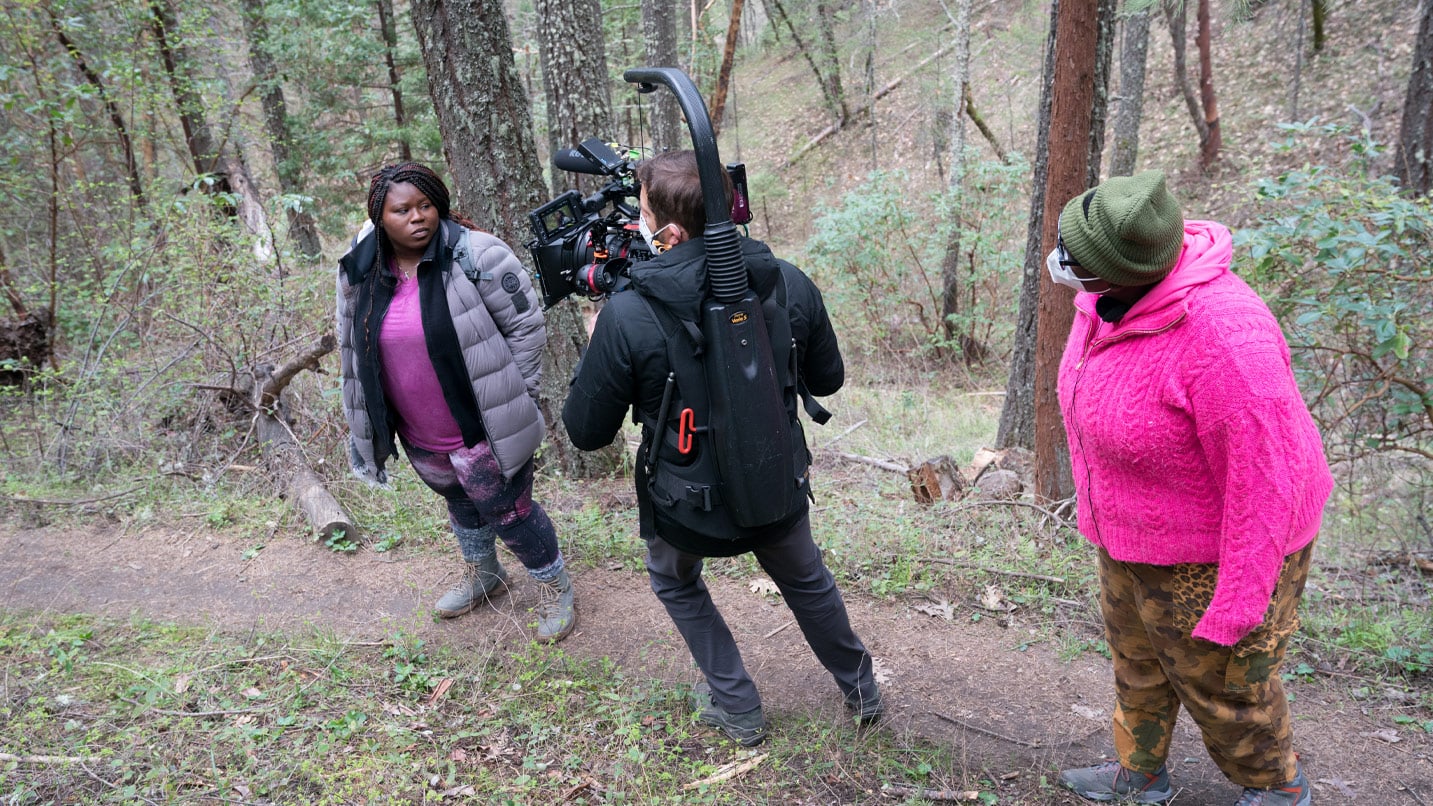
In America, however, that same opportunity and access to nature is not equally available to all communities. Instead of feeling encouraged to embrace the outdoors, a veil of hesitation and wariness cloaks those who do not see themselves represented in the industry. Ali wanted to disrupt the pattern of mainstream outdoor films, which routinely exclude Black women and people of color, to show those communities that there is space for them to reconnect with nature.
“Rather than wait for it,” Ali says, “we had to go out and make it.”
“You Go Girl!” also touches on the capitalistic myth of separation — the myth that some people are separate from their neighbor and, by extension, separate from their environment. At a time when we’re all dealing with isolation during the pandemic, Ali stresses, spending more time in the natural world can be healing. In a society that is conditioned to never rest, nature can teach us the power of stillness and resilience.
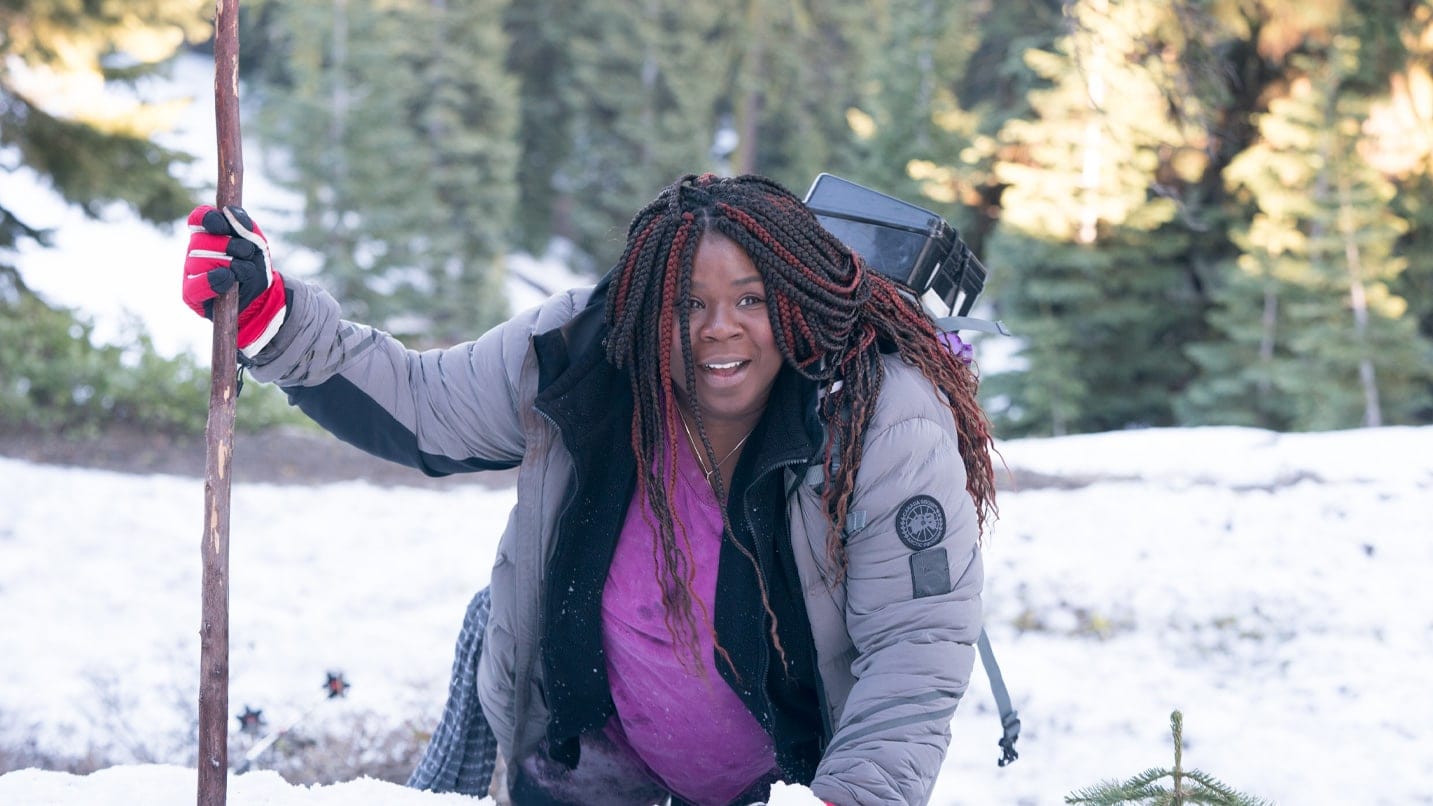
The film is a love letter to the beauty of Southern Oregon and expresses love toward women of all sizes and colors, whom, Ali says, “are capable of literally anything.”
The deeply embedded ideology of white supremacy in America creates additional barriers for people of color, who must then go to bat on a daily basis just to be seen as worthy of equal space.
“Being a person of color is a revolutionary act,” says co-producer Alea, a Cuban-American. “You Go Girl!” showcases a Black woman in nature, but is representation enough to support and encourage individuals who are hesitant to embrace an industry that has historically excluded them?
Alea acknowledges that representation by itself is not enough: “Representation is a great first step, but it’s just one step. It is also about access.” Multifaceted initiatives that provide resources, opportunities and financial means, such as the Oregon Outdoor Film Grant, take action beyond representation to supply communities with comfortable access to outdoor spaces.
For More:
This film is part of a series of films made possible, in part, by an Outdoor Adventure Film Grant from the Oregon Made Creative Foundation, Travel Oregon and Oregon Film. For other films funded by this grant, see “Pedal Through,” which explores a Black woman’s healing through bike packing, and the documentary “Our Trails Too,” on the movement to reclaim Oregon’s outdoor spaces for people of color and the LGBTQ+ community.
